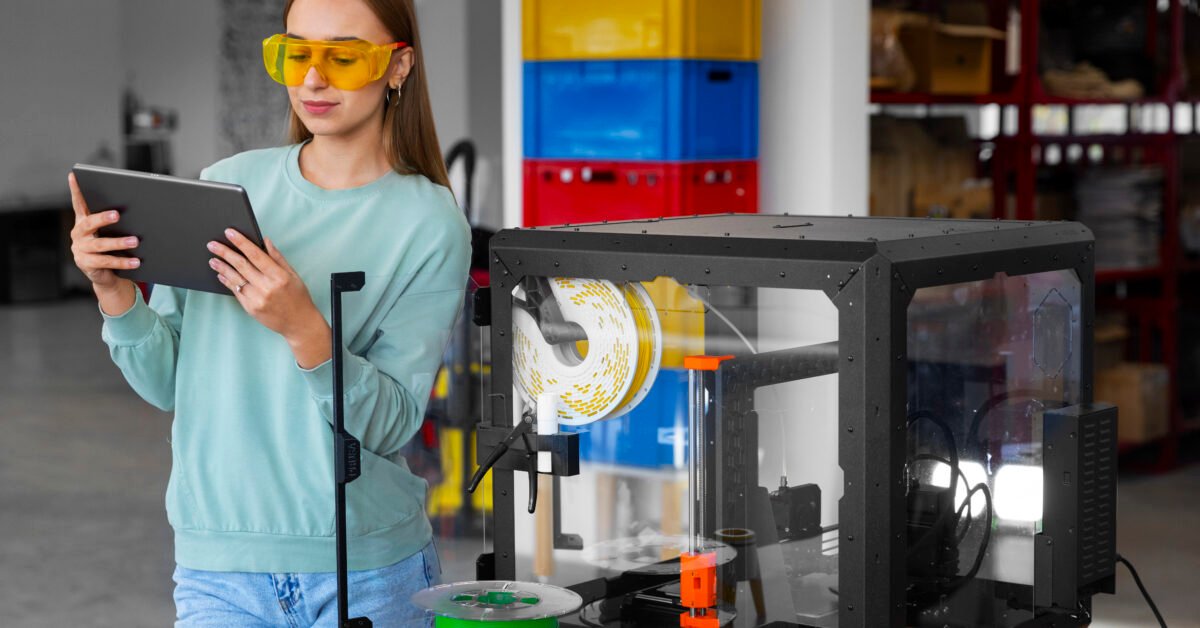The Ultimate Guide to Abiotic Factor Dedicated Servers

When setting up a reliable hosting environment the term abiotic factor dedicated server might not be the first thing that comes to mind. However, just like ecosystems depend on abiotic factors like sunlight, temperature and water for balance a dedicated server’s success hinges on its non living components. This guide will dive into the intricate details of abiotic factors in the world of dedicated servers giving you actionable insights and tools to create a reliable and high performing server environment.
What Are Abiotic Factors in a Dedicated Server?
In ecological terms abiotic factors refer to non living components like temperature, humidity and soil that affect an ecosystem’s survival. Translated to the digital realm abiotic factors in a dedicated server include critical non living elements such as hardware, software, networking, cooling systems and power supply. These factors serve as the backbone of any dedicated server’s performance ensuring optimal uptime and reliability.
For instance think of your dedicated server as an ecosystem. Just as ecosystems need the right mix of abiotic factors to thrive, your server relies on these components to deliver exceptional performance.
Key Components of Abiotic Factors in Dedicated Servers
Physical Hardware: The hardware forms the foundation of any abiotic factor dedicated server setup. Components like the CPU, RAM, storage, and motherboard dictate the server’s speed, processing power, and storage capacity. Selecting high-quality hardware ensures long-term stability and reduces maintenance issues.
Operating Systems: An operating system (OS) is the software environment where all server tasks are managed. Whether you opt for Linux or Windows, the OS you choose will influence your server’s compatibility, performance, and security. For most applications, Linux is preferred due to its open-source nature and flexibility, while Windows is ideal for environments that require specific Microsoft technologies.
Cooling Systems: Servers generate significant heat during operation, making cooling systems an essential abiotic factor. Overheating can lead to hardware failures and degraded performance. Options like liquid cooling, air cooling, and advanced thermal management ensure your server operates within safe temperature limits.
Power Supply: A stable and uninterrupted power supply is critical for uptime. Servers in professional data centers often rely on redundant power setups, including uninterruptible power supplies (UPS) and backup generators, to mitigate outages.
Network Infrastructure: Networking is another critical abiotic factor. A high-bandwidth and low-latency connection ensures seamless data transmission, making it an essential requirement for applications like gaming, e-commerce, or content hosting.
Why Abiotic Factors Matter for Dedicated Servers
Abiotic factors play a pivotal role in the performance, scalability and longevity of dedicated servers. Here are some ways they make a difference:
- Optimized Performance: A well balanced abiotic factor dedicated server setup ensures consistent and fast responses, even under heavy loads.
- Improved Security: Physical and network level abiotic factors like firewalls and data center security, safeguard against cyber threats.
- Lower Maintenance Costs: Investing in robust abiotic factors reduces the risk of unexpected failures and lowers long-term operational expenses.
Benefits of Abiotic Factor Dedicated Servers
Enhanced Performance: Unlike shared hosting, where resources are distributed among multiple users a dedicated server gives you full control over the abiotic factors. This means your hardware, cooling and bandwidth are not shared, leading to better performance.
Customization: With a dedicated server, you can tailor abiotic factors to suit specific needs. For example, if you’re hosting a gaming server, you can prioritize low latency and enhanced cooling systems.
Scalability: Abiotic factors make scaling seamless. Adding more storage, increasing bandwidth or upgrading cooling systems can be done without disrupting existing operations.
Common Challenges with Abiotic Factors in Dedicated Servers
Despite their importance abiotic factors come with their own set of challenges.
Maintenance: Ensuring consistent temperature power supply and hardware monitoring requires specialized knowledge and ongoing attention.
Costs: The upfront investment for high-quality hardware and environmental controls can be substantial.
Abiotic Factor Dedicated Server Not Showing Up: One common issue users face is their abiotic factor dedicated server not showing up on the network or in control panels. This could be due to network misconfigurations, outdated drivers, or incorrect software settings.
Best Practices for Managing Abiotic Factors
Monitoring Tools: Use tools like Nagios, Zabbix or Datadog to monitor server performance, including temperature, bandwidth, and CPU usage.
Data Center Selection: When choosing a data center, ensure it meets optimal abiotic factor dedicated server requirements like robust cooling systems, redundant power, and advanced security protocols.
Regular Maintenance: Schedule routine checks for hardware and software updates. Preventative maintenance minimizes the risk of downtime and ensures a reliable server environment.
Case Studies: Abiotic Factor Dedicated Server in Action
Gaming Servers: A popular gaming company faced issues with overheating servers, leading to lags and crashes. By implementing liquid cooling and upgrading their power supply, they eliminated downtime and improved player satisfaction.
E-commerce Platforms: An e-commerce site suffering from slow load times optimized its abiotic factor dedicated server setup by upgrading to SSD storage and increasing bandwidth. The result? A 50% improvement in page load speeds.
| Abiotic Factor | Impact on Performance |
|---|---|
| Cooling Systems | Prevents overheating and downtime |
| High Bandwidth Networks | Reduces latency and ensures speed |
| Redundant Power Supply | Ensures uninterrupted operations |
How to Choose the Right Abiotic Factor Dedicated Server
Evaluate Your Requirements: Begin by assessing your server’s needs such as expected traffic application type, and required storage. For instance gaming servers demand low latency and powerful CPUs.
Checklist for Buyers
- Does the server include redundant power systems?
- Are the cooling systems advanced enough for 24/7 operation?
- Is the data center location optimized for low latency?
Recommended Providers: Some trusted providers known for offering optimized abiotic factor dedicated server setups include Liquid Web, HostGator and OVHcloud.
Conclusion
Understanding and managing the abiotic factors of a dedicated server can make the difference between smooth performance and costly downtime. From hardware and cooling to power supply and networking, each component plays a vital role in creating a robust and scalable hosting environment.
By implementing best practices and staying proactive, you can ensure your abiotic factor dedicated server remains a reliable backbone for your digital ecosystem. Whether you’re setting up a gaming server, running an e-commerce site or managing enterprise applications, these abiotic factors will guide you to success.
Read Also: Is CDK Still Down?




